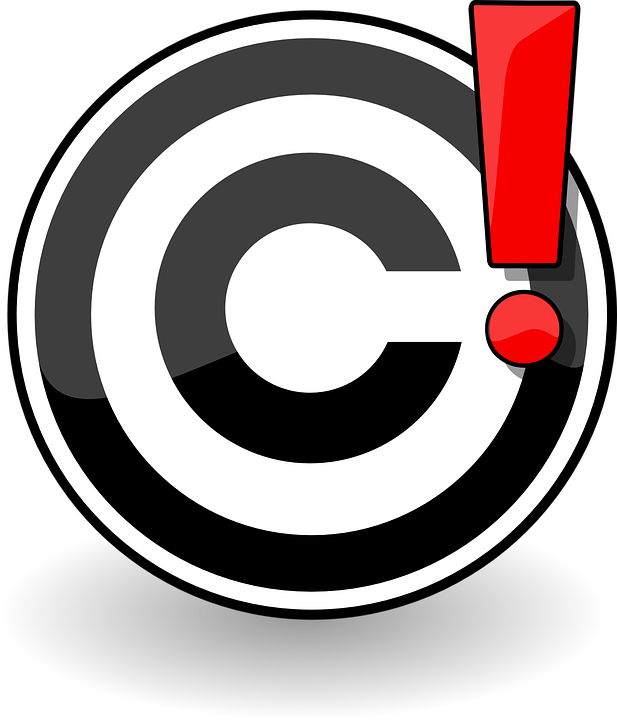Running a business comes with its own set of legal risks, one of them being copyright infringement. Copyright is a type of intellectual property that protects original musical, literary, artistic, and other forms of creative works. With the internet offering ease of sourcing and distribution of information, businesses are exposed to the risk of copyright infringement. As a result, it is natural to fear it. After all, copyright infringement can be costly and time-consuming. Just like any other legal subject, copyright can be complicated to understand, taking these basic steps can help you avoid copyright infringement.
1) Understand the Copyright Law
The first step is to gain a clear understanding of the copyright law. Copyright protection is granted to authors/owners of original literary, dramatic, musical, or artistic work. Such creative forms include images, drawings, music, videos, movies, articles, books, choreography, etc. Moreover, an original work gets automatically protected under copyrights even if it does not have the copyright (©) symbol. Understanding of the copyright law is not limited to what it protects. Having knowledge on what is not protected is equally important. Ideas, facts, history, and news are not protected by copyright law. So, you can summarize the underlying idea or fact of a creative work but not copy it without permission.
2) Assume Copyrights on Any Given Work
A copyright notice or a symbol is not mandatory to show copyright protection. While it is a good idea to let the world know, not all authors of original creative works will do that. This makes it more difficult to avoid copyright infringement. The best practice is to assume that a given work is copyright protected, unless proven otherwise. This is especially vital because many businesses rely on information sourced from the internet.
3) Read License Terms & Conditions before Use
Whether you are surfing the internet for images, videos, a music piece or reports, if they are not created by you, chances are they may be copyright protected. Furthermore, companies allowing subscribers to publish videos, music, literary or any form of creative works uses software to detect copyright infringement. A good practice is to check for a license and read it before using the piece of work. Some creators allow using their works for a fee or attribution. Reading the license terms can help you stay free of copyright infringement issues.
4) Know the Exception of Fair Dealing
Like everything in life, even copyrights come with certain exceptions. The Canadian Copyright Law allows you to use protected works in certain circumstances under ‘fair dealing’. This concept allows you to use copyright protected works for activities like research, private study, education, parody, satire, criticism, review or news reporting. In simple words, you can use such works only for non-commercial purposes. However, it is best to consult an intellectual property agent before using copyright protected works for such activities.
In times when availability and distribution of information are just a click away, knowing how to avoid copyright infringement is vital. While implementing these tips will help, consulting an intellectual property agent or attorney will give you a deeper understanding of the subject.

